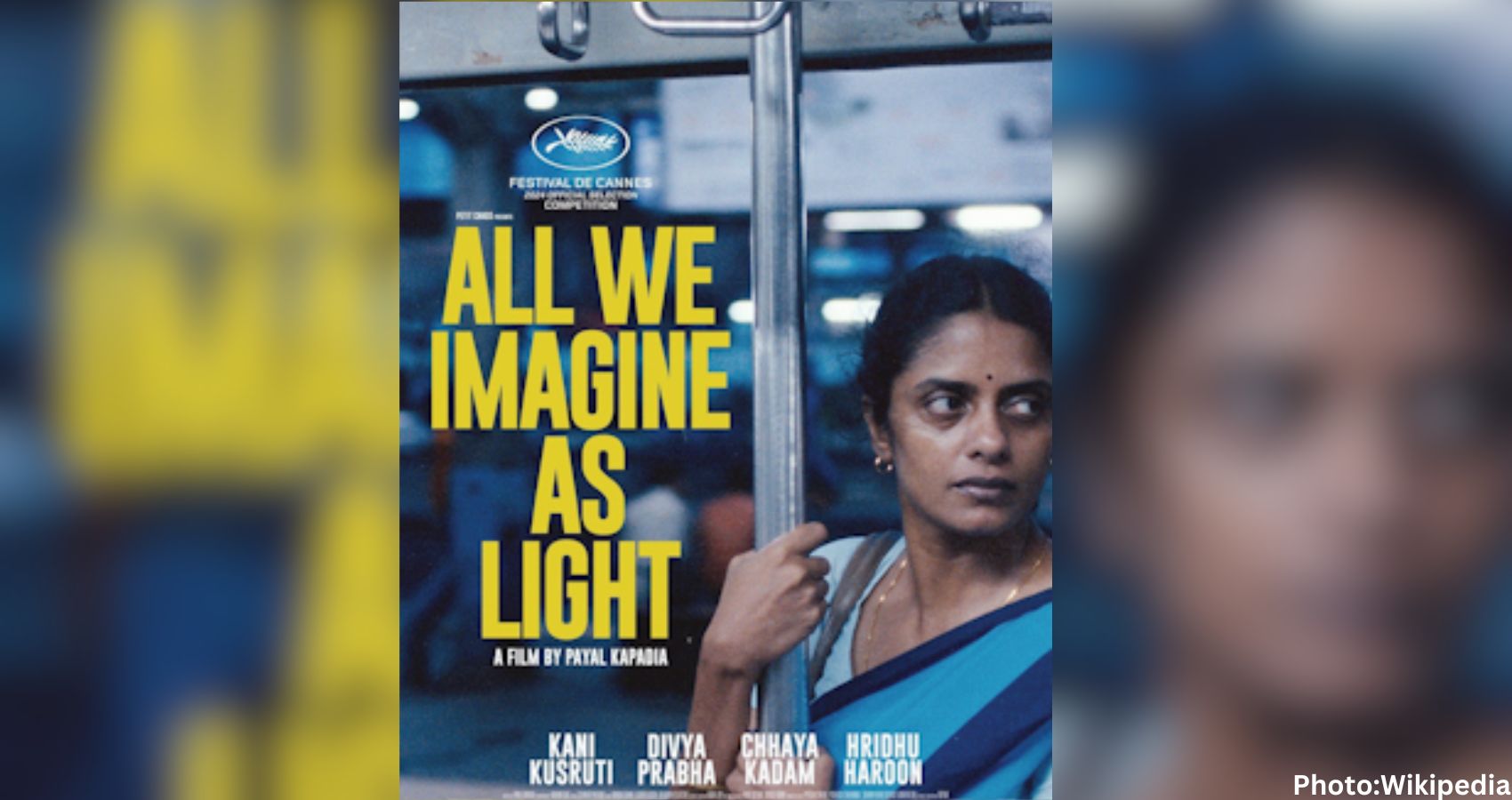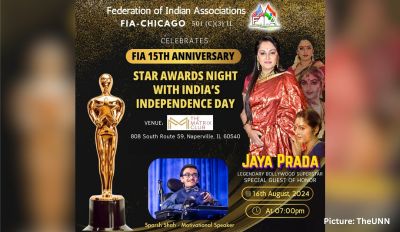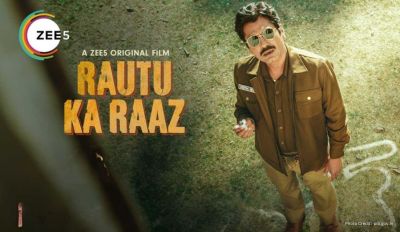India had an extraordinary year at the Cannes Film Festival, securing three significant awards and a notable honor, which industry experts believe will positively influence the country’s independent cinema.
Payal Kapadia’s “All We Imagine as Light” won the competition grand prix, Anasuya Sengupta received the best actress award in the festival’s Un Certain Regard section for “The Shameless,” and Chidananda S. Naik’s “Sunflowers Were the First Ones to Know” was named the best film in the La Cinef section. Additionally, Indian cinematographer Santosh Sivan was honored with the annual Pierre Angénieux ExcelLens in Cinematography award.
“All We Imagine as Light” marked the first Indian film in competition in three decades since Shaji N. Karun’s “Swaham” in 1994. Other Indian films at Cannes included “Sister Midnight” in the Directors’ Fortnight, “Santosh” in Un Certain Regard, and “Girls Will Be Girls,” which had previously won two prizes at Sundance, in the Cannes Écrans Juniors sidebar. Overall, nine Indian films featured across various Cannes sections.
Despite this success, financing independent films in India remains a daunting challenge. Most of the funding for films like “All We Imagine as Light,” “The Shameless,” “Sister Midnight,” and “Santosh” came from European sources. Nandita Das, an actor and filmmaker who has served on Cannes juries and whose film “Manto” was part of Un Certain Regard in 2018, hopes these wins will lead to increased Indian funding for independent films.
Das remarks, “Now we are all feeling very proud and happy with this win [for ‘All We Imagine as Light’], but which producer in India would have actually produced this film? A lot of the money is really coming from Europe.” She emphasizes that a producer’s role extends beyond financing to supporting the director in realizing her vision. “I’m very obviously happy that Payal could do this film, but I feel like she could do it because she had that support and those producers from Europe. Now, whether this will percolate into people having more faith in indie films in India, and therefore support it? I don’t know.”
Das reflects on India’s arthouse Parallel Cinema movement that thrived from the 1950s to the 1980s but waned in the 1990s. “It’s now that time where I hope there will be a revival of that independent voice and space for more independent films,” she says.
Mohaan Nadaar, from The Production Headquarters, which funds debut and women empowerment Indian-themed films, financially backed “The Shameless.” Nadaar believes that the Cannes wins validate independent cinema, suggesting that funding for indie films in India will “eventually” become easier. “When people realize that these films will also eventually get sold in the international market worldwide and raise monies,” he explains, citing “All We Imagine as Light,” which has been sold to North America and other territories.
Regarding local distribution of Indian indies, Nadaar expresses cautious optimism. He plans to release the queer love story “The Shameless” in India, Nepal, and Bangladesh, stating, “There’s an audience for it.” He notes, “There’s a lot of LGBT and queer movie demand also here. It will do well if it releases sensibly across limited screens.”
Producer and box office analyst Girish Johar shares Nadaar’s views, acknowledging that while Cannes-winning films will gain attention, their theatrical market in India is limited to around 100 screens in metropolitan areas. Johar adds that the Cannes success has instilled a “sense of pride,” and now, out of 20 indie films pitched to Indian producers, “there is an iota of hope that one or two can be greenlit by them.”
Looking beyond Cannes to the Oscars, where India recently won for the “Naatu Naatu” song in “RRR” and the live-action documentary short “The Elephant Whisperers,” there is anticipation that “All We Imagine as Light” will be India’s official entry in the international feature category. Filmmakers must apply to the Film Federation of India, which appoints a committee to select the entry. Past decisions have been inconsistent, from overlooking “The Lunchbox” in 2013 to shortlisting Pan Nalin’s “Last Film Show” in 2022. India has only three nominations—“Mother India,” “Salaam Bombay,” and “Lagaan”—and no wins in this category.
Das points out, “The kind of films that have gone to the Oscars has been very arbitrary and erratic, depending on who is in that committee and what their wisdom is telling them. So I don’t think it’s such an obvious choice, when we’d be happy for it to go.”
“Last Film Show” producer Dheer Momaya believes “All We Imagine as Light” should “definitely” be India’s entry, citing its strong response at Cannes and recognition among voting members. He criticizes the timing of the Indian selection process, which announces its candidate in late September or early October. “By then you’ve already lost that opportunity, that first mover’s advantage to cement yourself in the voters’ heads,” he says, noting that favored contenders start their Oscar campaigns as early as July.
With the Oscar voting membership becoming more diverse, Momaya is hopeful that international voters will relate to “All We Imagine as Light.”
Das concludes, “The more local a film is, the more global it is, especially for something like the Oscars. You want the film to truly depict the context of that country, tell a story that is truly quintessential of that country, not something that’s more generic. So in that sense, this [‘All We Imagine as Light’] film seems to fit that space of being authentically Indian.”











